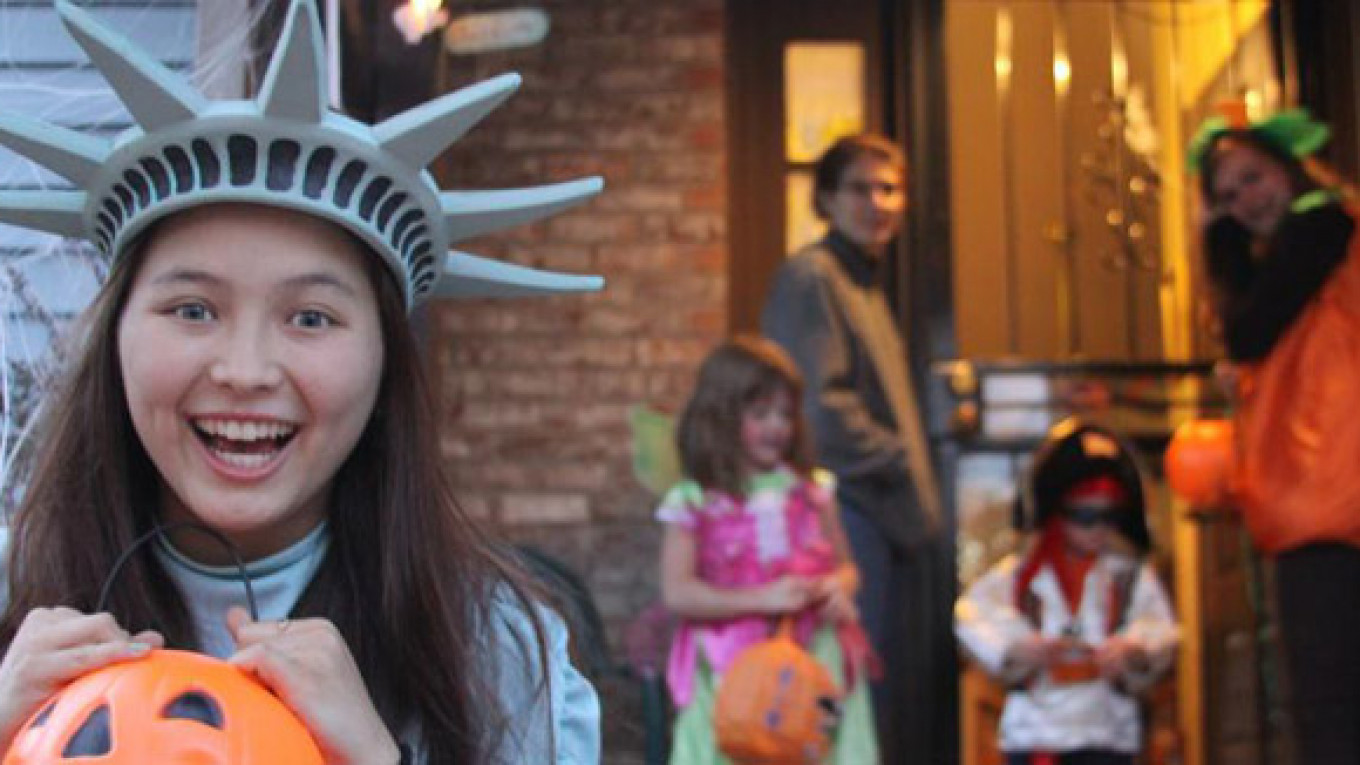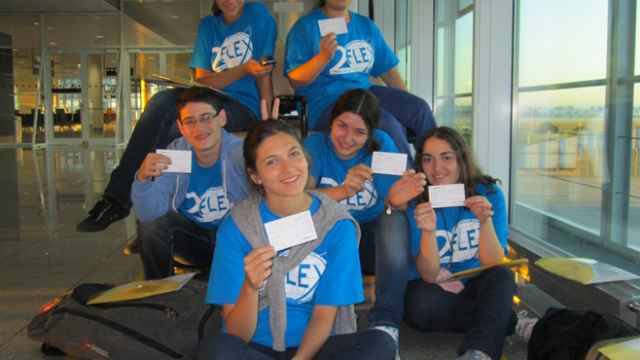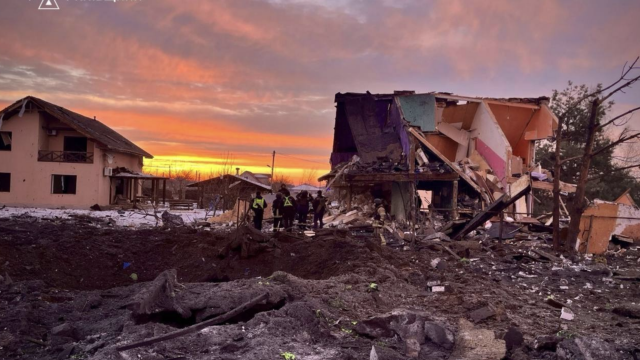The FLEX student exchange program has expanded its reach in Ukraine, following Russia's decision last week to withdraw from the program over an alleged custody issue involving a Russian student a same-sex U.S. couple.
Several new cities in Ukraine have been added to the list of locations where students can test for the FLEX program, according to the American Councils for International Education, the non-profit organization that organizes the exchange program.
Notably, testing centers in Luhansk and Donetsk have not yet beed added to the list. "We do not know if testing will take place in Donetsk and Luhansk regions due to the current situation. The date and format of the test in those regions is still being determined," the ACIE announcement explained.
The U.S. State Department's top official for European and Eurasian affairs, Victoria Nuland, said earlier this week that Russia's suspension of its participation in the program would open more than 100 additional spots for Ukrainian students.
Last week, Russian children's rights ombudsman Pavel Astakhov told the press that the country was suspending its participation in the FLEX — or "Future Leaders Exchange" — program because a Russian student had remained in the U.S. after the end of the academic year, instead of returning to Russia as per the program's terms.
Astakhov subsequently said that the student in question had been staying with a same-sex couple that had filed to take custody of him, despite the fact that the teenager's mother lived in Russia.
Since 1992, more than 8,000 Russian students have taken part in the FLEX program, which provides high school students from across the former Soviet Union the opportunity to study in the U.S. for a year.
A Message from The Moscow Times:
Dear readers,
We are facing unprecedented challenges. Russia's Prosecutor General's Office has designated The Moscow Times as an "undesirable" organization, criminalizing our work and putting our staff at risk of prosecution. This follows our earlier unjust labeling as a "foreign agent."
These actions are direct attempts to silence independent journalism in Russia. The authorities claim our work "discredits the decisions of the Russian leadership." We see things differently: we strive to provide accurate, unbiased reporting on Russia.
We, the journalists of The Moscow Times, refuse to be silenced. But to continue our work, we need your help.
Your support, no matter how small, makes a world of difference. If you can, please support us monthly starting from just $2. It's quick to set up, and every contribution makes a significant impact.
By supporting The Moscow Times, you're defending open, independent journalism in the face of repression. Thank you for standing with us.
Remind me later.






